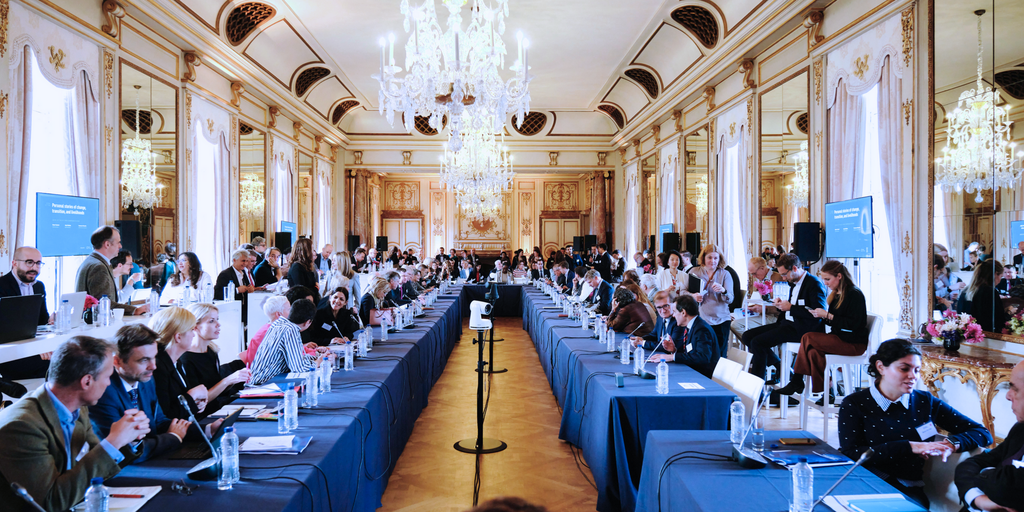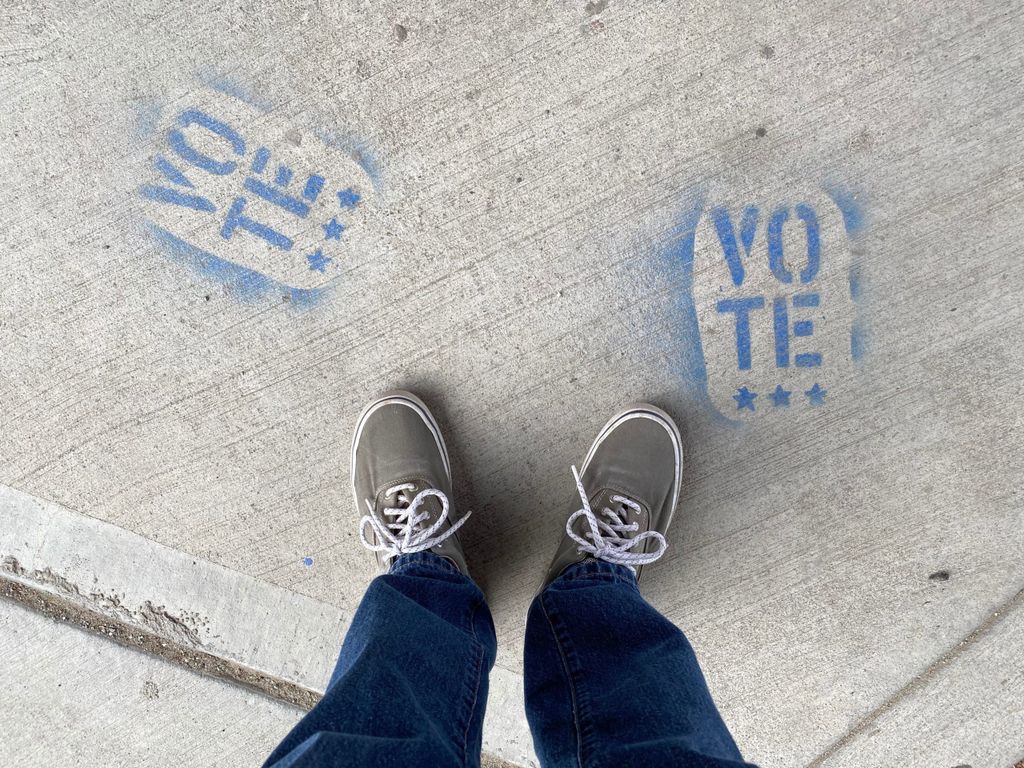Debating Europe's policy choices for a Renewed Social Contract
Past event In person & livestream

- Area of Expertise
Initiative

The social contract is a tacit agreement among members of a society – the state, citizens, as well as private and civil society sectors – that defines their mutual relationships, respective responsibilities, shared values and expectations of each other.
Forged in an era of post-war European integration, Europe’s 20th-century social contract introduced ground-breaking concepts which were intended for the betterment of society.
But times have changed, and post-war institutions, regulations and laws are no longer able to keep pace with the societies they are meant to serve. The digital, green and demographic transitions are defining our times and demand new approaches.
Mounting challenges and crises have brought societal concerns, confusion and frustrations to a breaking point in the new millennium, widening social inequality and leaving many groups feeling excluded. There is a deepening sense of disenfranchisement and cynicism as people and communities increasingly feel overlooked by the policies, politicians and politics of now.
As Europe enters a new institutional cycle, the moment is ripe to radically rethink the ways in which citizens, the private sector, civil society and public institutions interact. To engender greater trust, hope and confidence, all parties must become equal shareholders and active participants in decision-making processes.
Friends of Europe believes that this should be done by renewing Europe’s social contract in a way which serves to promote equitable representation, meaningful engagement and fair inclusion of all members of society.
By renewing its social contract, Europe has the potential to truly achieve inclusive and fair transitions, play its part on the world stage and care for its citizens in the 21st century.
Building upon years of work connecting voices from a diversity of backgrounds, Friends of Europe’s decision to focus our work on these issues has been the logical next step.
The 2024 and 2029 European Parliament elections serve as key milestones for our work. As we launch two flagship reports in 2024 – 10 policy choices for a Renewed Social Contract for Europe and 2024 Voices: Citizens speak up! – our objective is to shift mindsets and behaviours towards addressing social problems and to offer actionable policy choices to the leaders of today and tomorrow.
With the Renewed Social Contract serving as the overarching narrative of our work through 2030, we are engaging in an iterative process to refine the policy choices we offer to policymakers. These choices form the backbone of all our activities and are further supported by multistakeholder working groups providing strategic guidance and foresight. We also continue to carry out citizen focus groups to bolster the quality of discussions by providing an evidence base of citizen sentiments to guide decision-making.
If you wish to get involved with our Renewed Social Contract initiative, please let us know by contacting info@friendsofeurope.org.
Further reading:

The European Commission Citizens, Equality, Rights and Values (CERV) programme
Friends of Europe is a beneficiary of the European Commission Citizens, Equality, Rights and Values (CERV) programme.
The Citizens, Equality, Rights and Values (CERV) programme was launched in 2021 and will run for seven years until 2027. It was created along with the 2021-2027 Justice programme under the Justice, Rights and Values Fund.
The CERV programme seeks to support and develop open, rights-based, democratic, equal and inclusive societies based on the rule of law. That includes a vibrant and empowered civil society, encouraging people’s democratic, civic and social participation and cultivating the rich diversity of European society, based on our common values, history and memory.
The CERV programme has four pillars:
Civil society organisations active at local, regional, national and transnational level, as well as other stakeholders, can apply to receive CERV funding for initiatives aimed at citizens’ engagement, equality for all and the protection and promotion of rights and EU values.
Past event In person & livestream

Past event in person & livestream

Past event In Person

Past event Online





We use cookies and similar technologies to adjust your preferences, analyze traffic and measure the effectiveness of our campaigns. Learn more about our privacy policy.